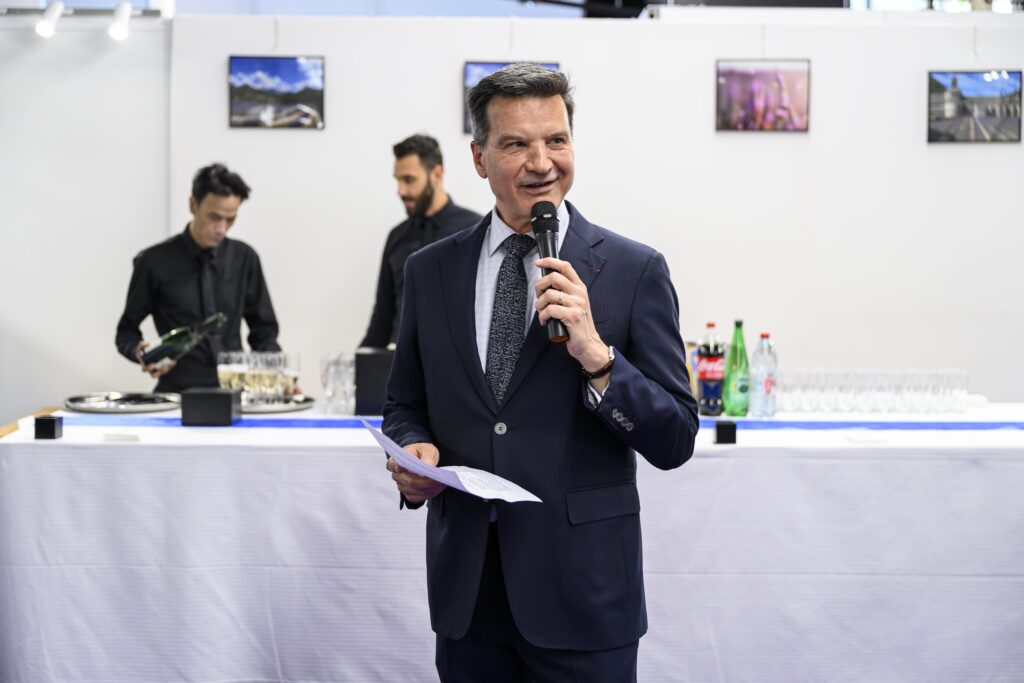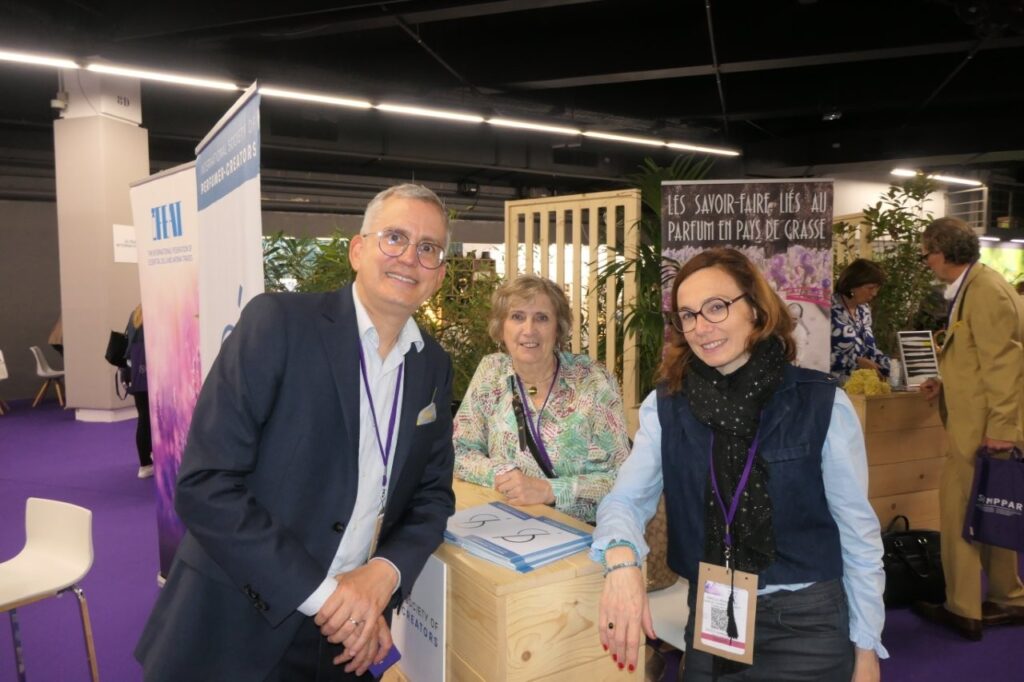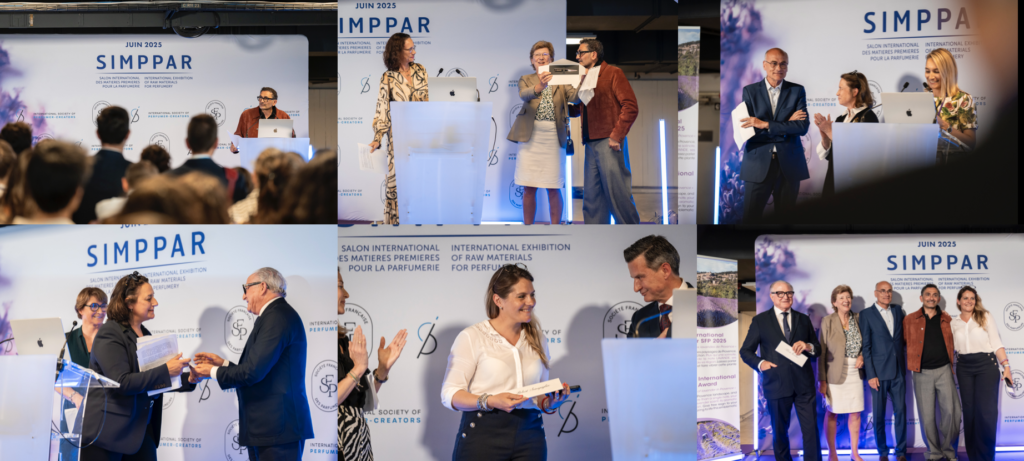This is a French topic, but it says a lot about the time we live in. What should we call the women who create perfume? Language manufactures reality, so the subject is much less anecdotal than it seems. The French language has a masculine and a feminine and until the French Academy (whose 40 « immortals » have the duty of acting as an official authority on the language and publish an official dictionary), ruled in 2019 on the feminization of professions, women perfume creators had no problem being called, like their masculine counterparts, « parfumeurs ». It turns out, however, that being labeled as « parfumeuses », now the official term, does not suit most of them.
This was made very clear in a survey initiated by the ISPC’s Committee « Feminine for perfumer » of its 99 women members, as well as other women in the profession who were interviewed independently. They were given the choice of « la parfumeur », « la parfumeuse », « la parfumeure », « la créatrice de parfums » or the status quo – keep « le parfumeur » and make no distinction between men and women. While the majority of respondents preferred « la parfumeure » or « le parfumeur », the rejection of « la parfumeuse » which is too closely associated with the perfumery saleswoman and does not clearly reflect the creative dimension of the profession, was almost unanimous.
«Parfumeur is the name of the profession, and for us it’s what counts » says Domitille Michalon-Bertier, who heads the committee within the ISPC. And for the past thirty years, the profession has had almost as many women as men. Of course, the rule of the French Academy is very clear: « the nouns in “eur” can be feminized thanks to the “e” (“docteure”), except when a verb corresponds to the word (“chercheur-euse”). » The verb « parfumer » (« to perfume ») exists, but does it correspond to the essence of the profession of perfumer? It evokes more the action of spreading perfume than that of creating it. Women perfumers would therefore like to have the right to choose the term they feel most comfortable with, as there are exceptions: in the Army, for example, it is customary for women to state their rank in the masculine form. The ISPC would like to discuss the subject with the French Academy itself, but above all to raise the awareness in the media to end the systematic use of « la parfumeuse ». A press release has been written for this purpose.
The subject of the feminization of professions is not limited to the French-speaking world: it also exists in Italian and German, two languages where the subject of the feminization of the profession of perfumer is still not clearly settled. As for English, a language generally considered neutral, there are a few counterexamples (« actor/actress ») and women police officers have obtained the right to be called « police officer » and not « policeman ». Further proof that language, like perfume, reflects a zeitgeist in constant evolution…





